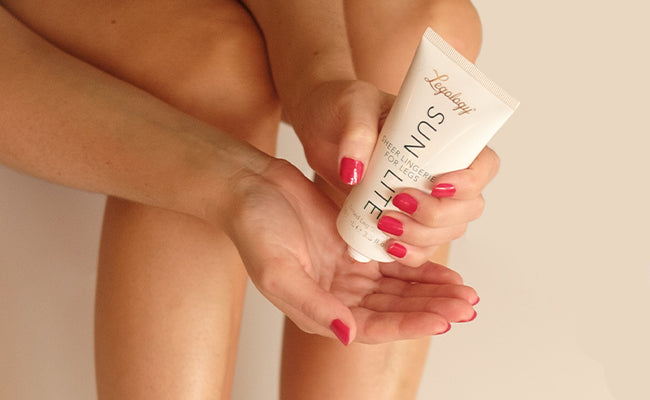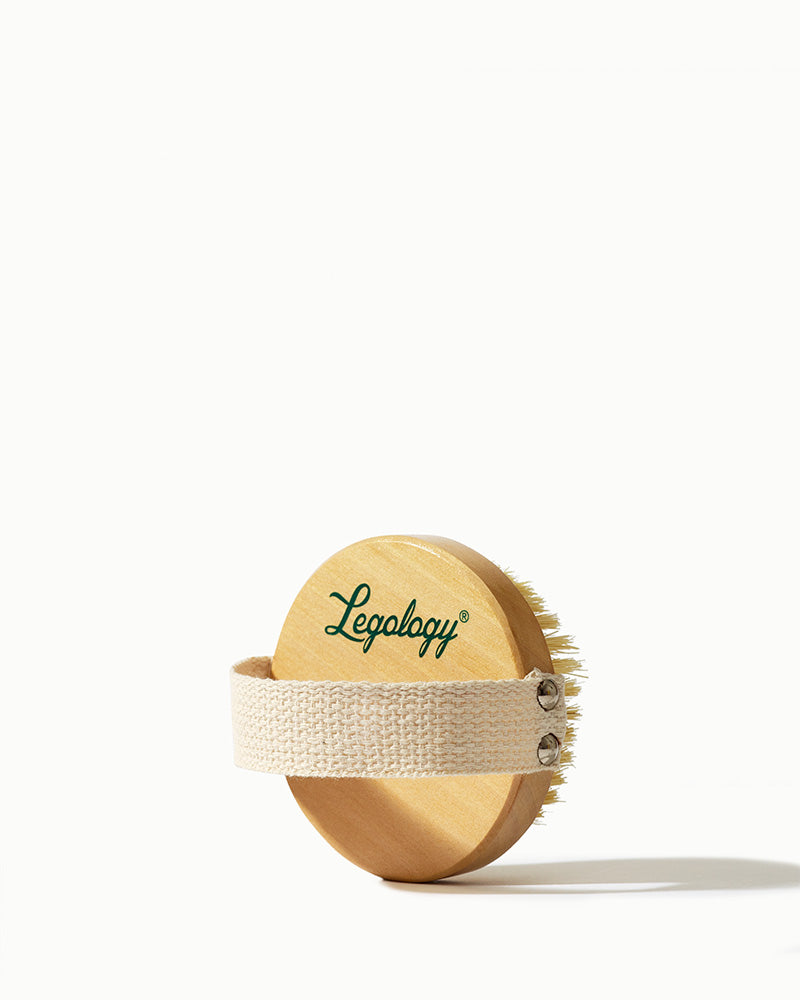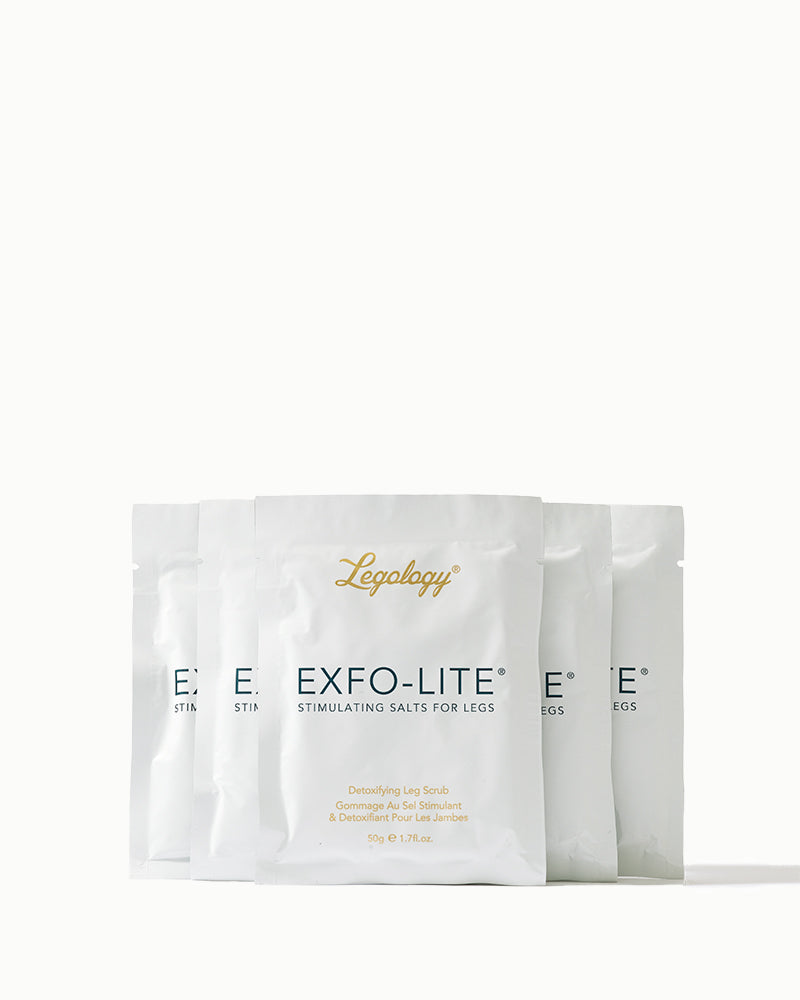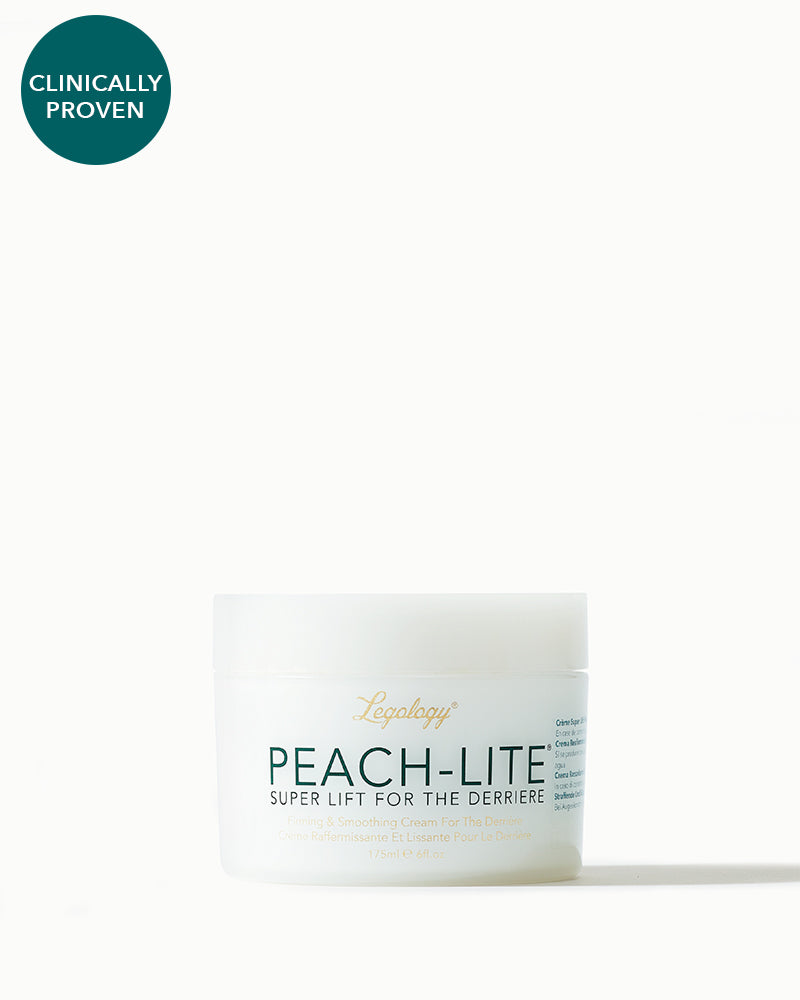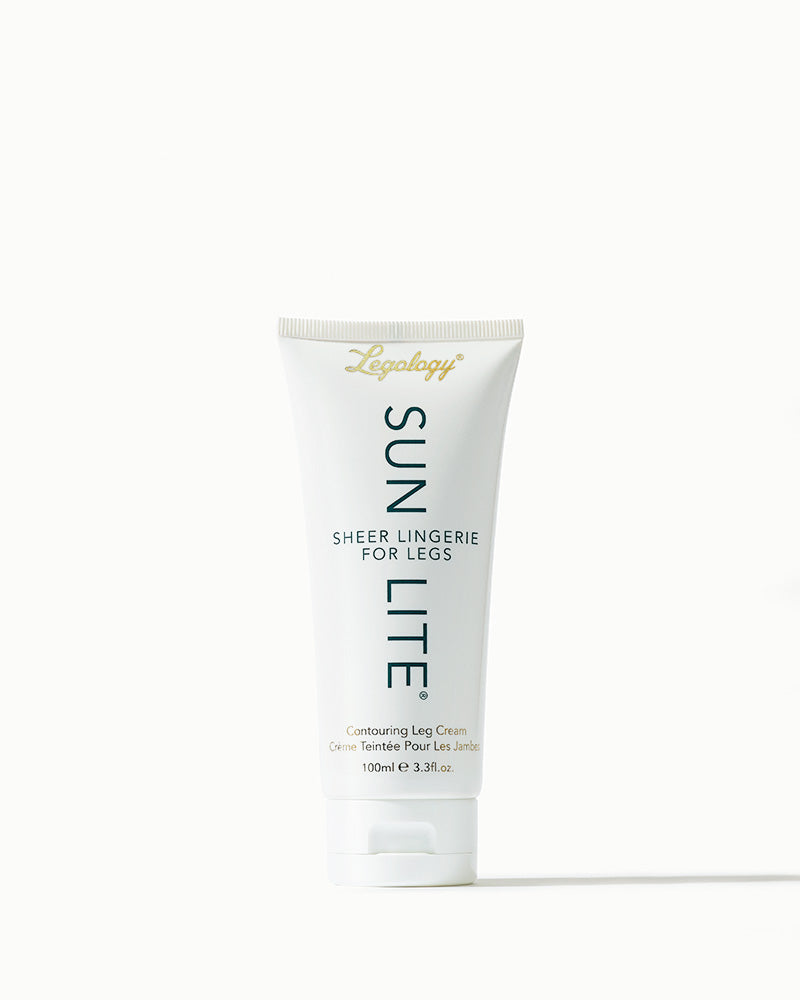How Hormones Impact Your Lymph

I wouldn’t go so far as to say it’s beauty’s latest buzzword but we’re hearing and reading more and more about lymph these days and that can only be a good thing. Why? Because almost every single chronic health issue is affected by the health and performance of the lymphatic system. As is the harmonious movement of hormones. So if you’re finding your cellulite has increased, or your legs feel heavier and get more puffy, since starting menopause or HRT, this is the read you need.
SO WHAT IS LYMPH?
Your lymph is a separate circulatory system to your blood circulation that interfaces with the blood vessels to carry away fluid and waste proteins from the interstitial space or extracellular matrix (ECM) – basically the area between your cells. It plays an important role in immune function, as this fluid also fights off pathogens and regulates the body during infection. Lymphatics help with the absorption and transport of free fatty acids from the digestive system.
Lymph is pretty integral then. The web of delicate lymphatic vessels permeate almost every part of our body – including our brains. And when the flow of lymph is impeded, oedema (swelling) occurs, creating a build-up of waste that can contribute to cellulite and a sense of heaviness throughout the body.
Lymphatic vessels permeate almost every part of our body – including our brains.
All hormones, nutrients and waste products going to and from the cells must pass through the interstitial or extracellular matrix. If the lymphatic channels can’t remove toxins properly, no hormone, gene, enzyme or molecule is going to work optimally, and there will be deposition of waste products into the tissues.
THE LINK TO HEALTHY HORMONES
When it comes to hormones the main type of imbalance in modern women is what naturopaths commonly call ‘estrogen dominance’. Between the inability of healthy gut flora to facilitate the removal of excess oestrogen’s, levels of xenoestrogens found in foods and plastics, and other endocrine disruptors, and the overuse of oral contraceptives and hormone replacement therapy (HRT), most women have too much oestrogen stimulation relative to progesterone. Oestrogen and progesterone work so closely together that it’s imperative that they stay in balance. In fact, the majority of struggles with hormonal imbalances affecting both the female brain and body may be associated with oestrogen dominance. This includes everything from fibroids and fibrocystic breasts to heavy and painful periods, hormonal headaches, premenstrual syndrome and irregular cycles.
Most of the struggles we have with hormonal imbalances are associated with oestrogen dominance.
What’s fascinating about the interface of lymph and these two hormones is that lymphatic fluid is highly non-polar, so attracted to more fatty substances while avoiding more polar substances. Oestrogen is more polar than progesterone, which means that the lymphatics ‘attract’ progesterone more easily. In addition, this may be why topical application of progesterone, where the lymph vessels are superficially located, may result in higher than normal levels reaching the tissues. Research by a compounding pharmacy in 2014 drew exactly this conclusion about the delivery of topical progesterone.
In short, the health of a woman’s lymphatic system will have a direct impact on her ability to move progesterone around the body. Because progesterone is so critical to hormone balance, it may be more important than ever for our lymph to be moving freely, serving as a delivery system for progesterone, to balance out oestrogen.
HOW LYMPH TREATMENT CAN HELP WITH HORMONAL ISSUES
Addressing lymph should be at the start of any treatment of hormonal issues, as well as at every stage of treatment. It also ultimately lends itself well tot he maintenance of good health through self care. Amazingly the lymphatic system has no central pump (like the heart, which pumps blood); rather, the movement of lymphatic fluid around the body depends on both smooth and skeletal muscle contraction (and manual manipulation). This is why a sedentary lifestyle impairs lymph function. It’s also why daily movement and/or exercise are essential for lymphatic health and why I recommend daily skin brushing (wet or dry) as a gentle and effective home care treatment.
Deep breathing is another essential way we can enhance movement of lymph.
5 MORE WAYS TO HELP YOUR LYMPH
- MOVE MORE: since efficient lymph movement relies on movement you need to be sure you are keeping active. We recommend doing anything between 8000-10000 steps a day to maintain a good lymph-activity ratio. Take the stairs, walk an extra bus stop or two, add an extra lap of the park on your dog walk – anything to get those steps up!
- BODY BRUSH: one of the best ways to encourage lymph to flow and it doesn’t need to take more than a minute – in fact, 30 seconds will do. Before, during or after every shower/bath, quick flicks all over your body, to promote the lymph. You’ll see an immediate impact on skin tone and colour, you’ll also feel it in your energy.
- DRINK WATER: help the lymph to flush waste through the kidneys with plenty of water – no less than a litre a day, everyday.
- DAILY MASSAGE: in addition to body brushing, applying a detoxifying oil or cream after body brushing will help to promote lymph. Legology Cellu-Lite Salon Secret For Legs and Air-Lite Daily Lift For Legs were made for this purpose and work best when used together.
- EAT RIGHT: a diet high in protein, with plenty of water, and sustainable carbohydrate from vegetables is a killer combination for cellulite because it helps the body expel excess fluid. Carbohydrate – starch like rice and pasta, salt and sugar are hydrophilic and will encourage your body to hold on to fluid.
